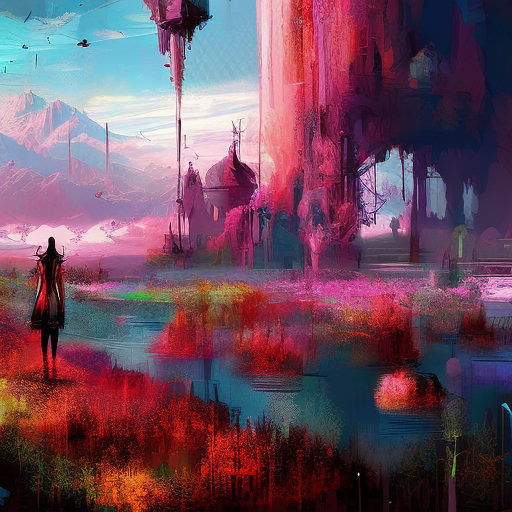One-line summary: An Artist of the Floating World is a thought-provoking novel that explores the themes of memory, regret, and personal responsibility through the eyes of an aging Japanese artist reflecting on his past actions during World War II.
The Artist’s Reflections on his Past
Set in post-World War II Japan, An Artist of the Floating World by Kazuo Ishiguro follows the life of Masuji Ono, an aging artist who was once celebrated for his work as a propagandist for the Japanese government. Now retired, Ono spends his days reflecting on his past actions and the impact they had on his family and society as a whole.
Ono’s narration takes the reader back to his younger years, when he was a respected artist in the floating world, a term used to describe the pleasure districts of Japan. As an artist, Ono was deeply involved in the political climate of the time, using his skills to create paintings that supported the militaristic ideals of the government. However, as the war ended and Japan faced the consequences of its actions, Ono finds himself grappling with guilt and regret.
The Weight of Personal Responsibility
Throughout the novel, Ono wrestles with the concept of personal responsibility and the role he played in promoting a nationalistic agenda that ultimately led to the devastation of war. He questions whether he should be held accountable for his actions or if he was simply a product of the times.
Ono’s reflections on his past reveal a complex character torn between his loyalty to his country and his desire to protect his family. He acknowledges the harm caused by his art and the impact it had on society, particularly on his own daughters who suffered the consequences of his choices.
The Power of Memory and Perception
An Artist of the Floating World delves into the power of memory and how it shapes our perception of the past. Ono’s recollections are not always reliable, as he admits to selectively remembering events and altering them to fit his desired narrative. This raises questions about the nature of truth and the subjective nature of memory.
As Ono reflects on his past, he also grapples with the changing values and attitudes of post-war Japan. The younger generation, including his own daughters, reject the ideals of their parents’ generation and seek to distance themselves from the war’s legacy. Ono’s struggle to reconcile his past actions with the changing society around him highlights the tension between tradition and progress.
- Personal responsibility and the consequences of one’s actions
- The power of memory and its subjective nature
- The clash between tradition and progress in post-war Japan
“It is as though the artist’s world is made up of a series of floating islands, each completely separate from the other, and in each the artist is a different man.” – Kazuo Ishiguro
In conclusion, An Artist of the Floating World is a poignant exploration of memory, regret, and personal responsibility. Through the eyes of Masuji Ono, readers are invited to reflect on the lasting impact of our choices and the complex nature of truth. Ishiguro’s masterful storytelling and nuanced characters make this novel a compelling read that raises important questions about the role of art and the weight of history.












